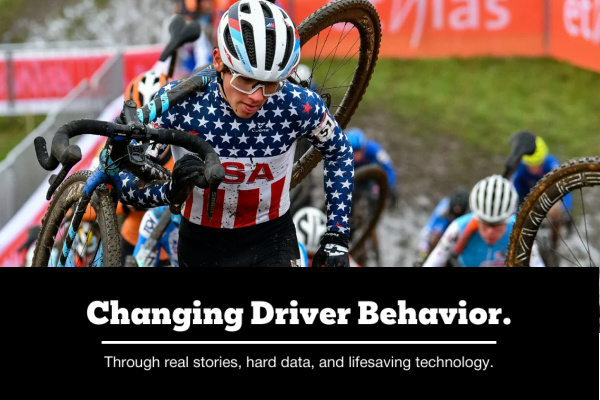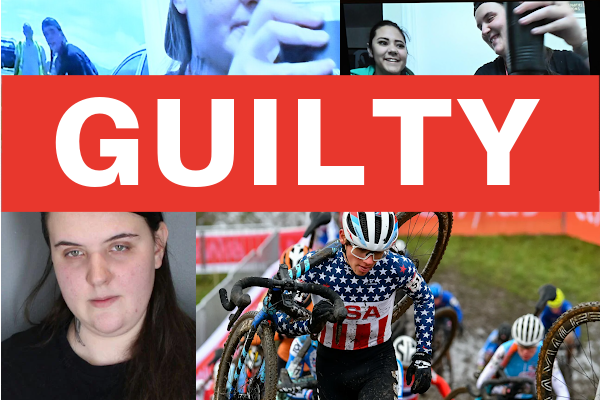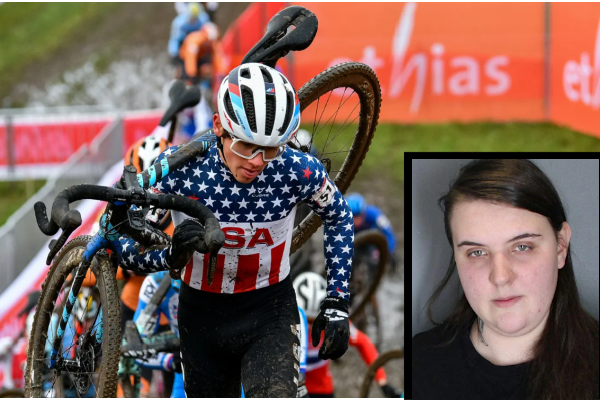
The First Colorado Cycling Summit
Cycling Season is here, and so is a long list of epic rides throughout the state and surrounding states. Are you ready? Join Avid Cyclist, and other co-hosts for the
By: Brad Tucker
I have been practicing law for over thirty-five years, the majority of which has included representing bicyclists who have been hit by drivers who disregarded the safety of others. The Colorado legislature is considering a bill that will increase penalties for drivers who hit and kill vulnerable road users, such as bicyclists and pedestrians, from a class one misdemeanor to a class six felony. This is not an easy topic, and I struggle with aspects of the proposed legislation. But let me explain why this law is necessary.
First, we have a systemic problem in the United States, including in Colorado: we crash into each other while traveling around our community at an alarming rate, and these crashes too often result in the loss of life and serious bodily injury. According to the Colorado Department of Transportation, over the past twenty years, 11,641 people have died on Colorado’s roads, including 1,131 bicyclists and pedestrians. 2023 was the deadliest year for pedestrians and bicyclists in Colorado—153 lives were lost, up from 65 lives lost in 2003.
There are multiple reasons behind this problem, and why it’s become more dangerous for people outside vehicles. Our transportation infrastructure was primarily designed to maximize vehicle throughput, often at the expense of safety. Today’s vehicles are much heavier and have higher front-end profiles than those of the past, which is a serious risk for vulnerable road users. Additionally, we now have smartphones and screens on our dashboard fighting for our attention. In a nutshell, we have not set ourselves up for success.
Many of us who drive were told at the beginning that “driving is a privilege, not a right.” The reality has become almost the opposite, and far too many of us abuse the privilege of driving by shirking our responsibility to keep ourselves and others safe. When we do so, Colorado law and our judicial system fail to hold people accountable. We can do better.
In Colorado, every state law treats the death of a person due to another’s actions as a felony—except one: hitting a person with a vehicle. This inconsistency is a red flag and requires a closer look. To be clear, district attorneys have the option to charge drivers with a felony, but unless the circumstances are egregious, such as the driver was drunk or had intent to harm, most opt for a lesser charge: Careless Driving Resulting in Death, a class one misdemeanor. In far too many cases, judges sentence people guilty of this crime to probation and a $1,000 fine—the former being below the minimum sentencing guideline of ten days in jail, and the latter being the maximum fine allowed. When a driver kills someone with their vehicle and is charged with a misdemeanor traffic violation, it is hard to accept that this is what accountability looks like. I know most families who have lost loved ones will unequivocally say that drivers receive a slap on the wrist.
Here is where I believe we lost our way. When a driver hits and kills a pedestrian or bicyclist, we often say that the driver didn’t intend to harm anyone, calling it just a terrible “accident.” While it’s good that the driver didn’t intend to cause harm, focusing solely on intent misses an important point: as drivers, we make intentional choices when operating a vehicle, and those choices can result in serious harm. A misdemeanor charge fails to acknowledge that agency and completely overlooks the serious harm they caused: a loss of life. Most traffic crashes are predictable, preventable, and within our control because, as drivers, we have agency. Referring to crashes as accidents absolves drivers of responsibility and ignores the need for them to make safe driving choices.
In the early 20th century, alcohol consumption, an activity that had been part of the human experience for almost 10,000 years, converged with a popular new activity, vehicular transport.
Drinking and driving were pretty common and often glamorized in pop culture during this time. The lenient laws on the books and how they were enforced by police, and adjudicated by attorneys and judges, sent the message that driving under the influence wasn’t that bad. After all, so many people did it, how could it be that bad? It wasn’t until the 1980s and the launch of Mothers Against Drunk Driving that we got serious and changed the laws, which then changed the culture around driving drunk.
We are currently facing a similar situation. Colorado law, our judicial system, and how we talk about traffic crashes and fatalities have all normalized bad driving behavior and downplayed traffic violence. This is not surprising, considering our car-centric society, which often favors drivers at the expense of pedestrians and cyclists. Most Coloradans drive and can recall when we weren’t the model driver—whether we were in a rush or distracted. This “everyone does it” mentality fuels a false sense that bad driving isn’t a big deal, even when someone dies. As a result, we often accept lenient misdemeanor charges when a driver kills another person.
We must stop calling all traffic crashes “accidents.” We must acknowledge that we have agency while driving. We must exercise this agency responsibly. And we must pass this bill to hold drivers accountable who breach the vital contract of responsibility we make with each other and hit and kill another person.
Brad Tucker is the founder and attorney of ColoBikeLaw.com. He is unique in his field as an avid cyclist and an experienced trial attorney focused on insurance and liability law. Brad is a board member of Bicycle Colorado, a nonprofit that advocates for expanding access to safe biking and walking across Colorado.

Cycling Season is here, and so is a long list of epic rides throughout the state and surrounding states. Are you ready? Join Avid Cyclist, and other co-hosts for the

April 8, 2025 Propelled by the powerful stories of victim families, SB25-281 includes new mandatory chemical testing clause BOULDER, CO /ENDURANCE SPORTSWIRE/ – The White Line, founded in memory of 17-year-old

Boulder, Colorado- After a week long trial, late Friday evening, a Boulder County jury found Yeva Smilianska guilty of Vehicular Homicide-Reckless Driving in the death of Magnus White. The jury,

The 2025 Karen Hornbostel Memorial Time Trial Series p/b Cobras Cycling Team has entered its second week! Ryan Muncy of Ryan Muncy Photography was there to capture images of a chilly afternoon. Make

By: Gary Robinson, Avid Cyclist Jury selection began Monday morning for the suspect driver accused of striking and killing Colorado teen cyclist Magnus White near his home in Boulder. Yeva

The 2025 Karen Hornbostel Memorial Time Trial Series p/b Cobras Cycling Team has begun!Always remember to thank a COBRA for putting in the hard work all these years to keep